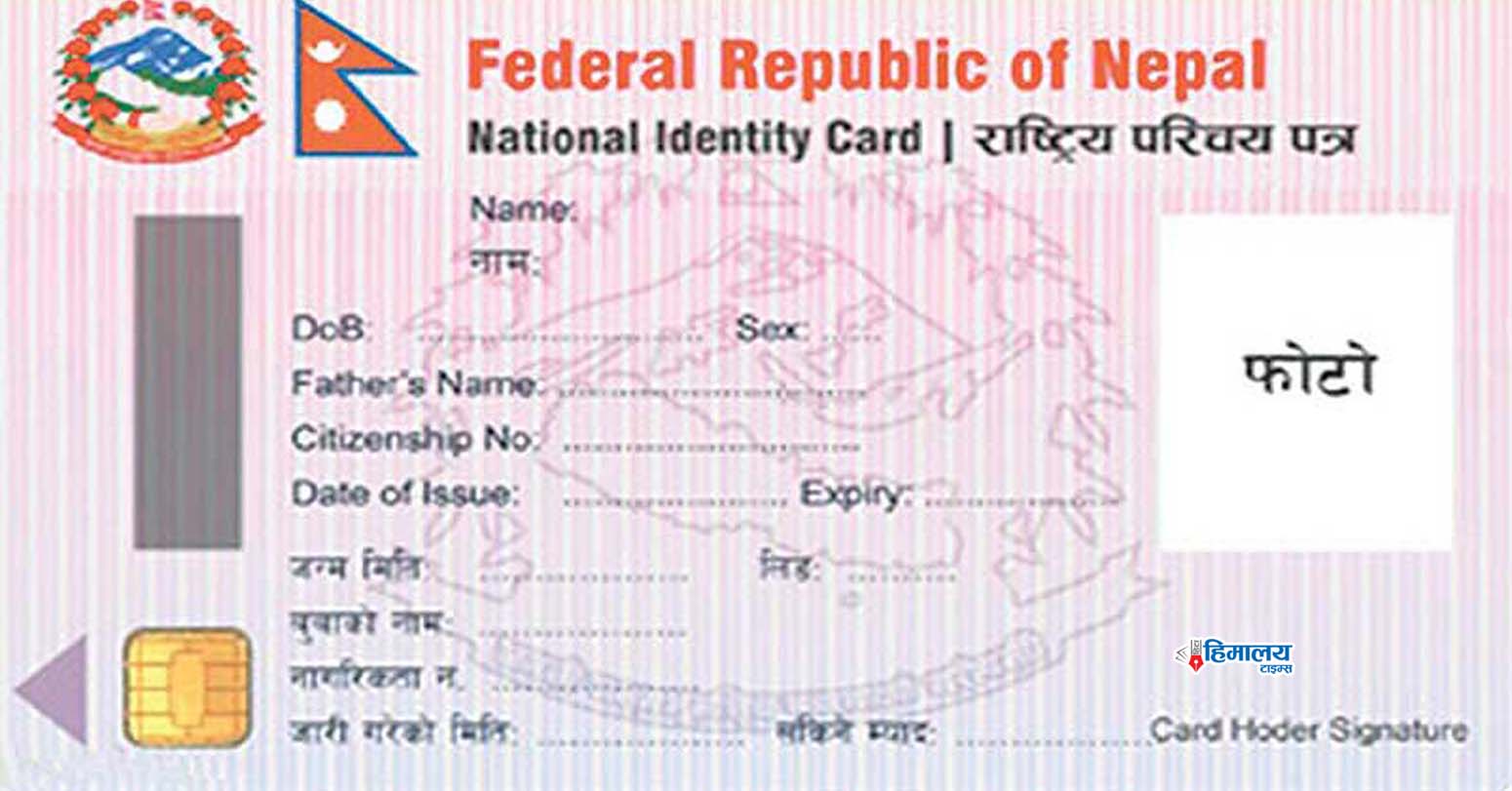
India's Prime Minister Narendra Damodar Modi has begun his third term in office. Modi, who has had tight control over Indian politics since 2014, has been forced to rely on the support of two prominent parties after recent general election. The portrayal of Modi's singular personality revealed his great desire. All of the Bharatiya Janata Party's leaders and candidates spoke with one voice: faith and confidence in Modi for prosperous India.
Here, the Bharatiya Janata Party and any other leader or candidate seems to have vanished. India has gotten more Modi-like over the previous few months. In other words, other from Modi's authority, everything else in India was viewed as an illusion. Probably ten years of reign and Modi's daring, resourcefulness, and activism should be a three-dimensional expression of his goal for a single Modi-like India. However, the residents' feeling was considerably different, and the Bharatiya Janata Party's one-man was able to maintain control. This is known as the beautiful consciousness of democracy.
The use of the sovereign foundation that citizens are decisive in elections regulated Modi's solo voyage. This pushed the Indian people to stand by like Chandrababu Naidu and Nitish Kumar. The Indian elections, which took place from April 19 to June 1, illustrated with the results that no matter how good you deliver, failing to connect with the people implies you lack experience.
Why Modi campaign failed:
Modi's party, which succeeded in placing the Indian flag on Kashmir, which has long been a symbol of Indian nationalism, suffered defeat in one area of the region Despite the construction of the massive Ram mandir in Ayodhya, which has long been a kurukshetra of caste and religious oppression and hatred, the Bharatiya Janata Party lost its seat. In Uttar Pradesh, where Santa mahanta Sadhus launched a drive to purify society and politics, Adityanath Yogi, a powerful ascetic, became chief minister but failed to help Modi's mission.
Modi’s powerful plan to outlaw thousand rupee banknotes and overhaul the economy, including the deposit of illicit money in government treasury, received little support in the 2024 elections. Even with the slogan of supporting women, the Bharatiya Janata Party's campaign of providing free meals failed to win votes. Why are people displeased than ever before with Modi, who was successful in breaking the back of the terrorist group and achieving unparalleled success with Chandrayaan? In Uttar Pradesh, there was a drive to clean up the dons, but the families of the dons, who were repeatedly accused by the government, won the opposition.
Muslims account for around 14% of the population in India. Exploitation of Muslim women, not just in India, but also in the name of Sharia law, has long been a matter of discussion in the human rights community. Particularly the issue of triple talaq. During the Modi government, a law was passed to abolish the excesses of triple talaq, but the Bharatiya Janata Party was unable to gain the trust of Muslim women. Why couldn't the Indian people be content with the ambitious goal to surpass even America in road network growth over the next five years, propelling the country from fifth to third place in the world economy? If we exclude a few locations and provinces, the Bharatiya Janata Party's vote percentage has declined significantly since the 2019 elections.
Familist ideology:
Modi's family is not politically active. Adityanath Yogi became a total ascetic. They both face no charges of financial corruption. There was no need to earn, thus there was no concern of financial impropriety. Modi and Yogi appear to be the perfect rulers of Plato's conception. However, why is the Bharatiya Janata Party weaker than in 2014 and 2019?
Special families are destroying democracy by their approach. Pakistan, Sri Lanka, Bangladesh, and Nepal are likewise considered as heading towards familyism. Indian democracy is constantly linked to the family circle. Since 1947, Indira Gandhi and her family have always risen to the top of the political hierarchy. Indira Gandhi's two sons, Rajiv and Sanjay, as well as her two daughters-in-law, Sonia and Maneka, and three grandchildren, Varun, Rahul, and Priyanka, continue to play important political roles. The roots of familism have spread from Maharashtra, Uttar Pradesh, and Bihar in a new form.
Tejashwi Yadav is the son of Lalu Yadav, whereas Akhilesh Yadav is the son of Mulayam Singh. The Bharatiya Janata Party seems incapable of destabilizing the Thackeray, Nehru, Lalu, and Mulayam families. This time, the lofty slogan was considered: familyism.
Reviving religious and cultural aspects:
From Tapobhumi to Nepal, the whole South Asian area is rich in Eastern spiritual philosophy, religion, and culture. However, because the Persian and subsequently European rulers destroyed the old Vedic culture, this region became multi-religious and multicultural. Perhaps the stages of caste formation have also grown with varied customs over time and in response to migration or invasion. The British first reached India in the early 16th century, defeating the dispersed Indian kingdoms and establishing the groundwork for Christian cultural revolution. The vestiges of previously established Persian power were also strengthened.
In the twenty-first century, Narendra Modi's leadership has used politics to restore the eternal culture of both of these religious and cultural civilizations in India. King Mahendra of Nepal at the time tried to bring religion and culture into the realm of government concerns by declaring Hindu dominance. King Mahendra raised the subject of religion by exercising control over people's rights, whereas Modi raised it by depending on the people. In a democracy that must be tried by entering the people's fire, no one can succeed against popular will.
There are several countries in the globe that practice Christianity, Islam, and Buddhism. According to the World Population Review, 21 nations practice Christianity as their religion. Sanatan Hindus, who number around one billion out of eight billion people, lack a religious and cultural national identity. Even the United States, which has practiced democracy since Britain, the mother of democracy, has not been a religiously neutral country. Many countries are Islamic republics. Countries such as Japan and Thailand are Buddhist. However, in the country of ancient philosophy, religion, and culture, the state and politics have not introduced any specific religions or cultures. Perhaps this is why Narendra Modi and the Bharatiya Janata Party should strive to perform identity politics while also promoting religious culture.
Neglected Parties and Muslim Opinion:
While Modi focused on religion and culture, it was clear that he overlooked other critical issues. During the election campaign, the first Bharatiya Janata Party established itself as an opponent of the Muslim minority. He attempted to prove that he was supporting the constitution by claiming that reservation is solely for the poor, Dalits, and other minorities, but not Muslims. Since, the Bharatiya Janata Party stated that only the opposition coalition will give reservations for Muslims, the whole Muslim community has become optimistic about the partnership.
It was observed that Muslim women prioritized communal concerns and issues over the justice of the Bharatiya Janata Party's triple talaq, which was hoping to win Muslim women's support. This became the primary cause for the Bharatiya Janata Party's decline in votes in Uttar Pradesh and West Bengal. The issue of granting citizenship to minority Hindus who were expelled from Pakistan and Bangladesh or fled because they couldn't survive, as well as the decision not to grant citizenship to Muslims who arrived in West Bengal from Bangladesh and settled there, pushed the Muslim community to unite against the Bharatiya Janata party.
Pressure of family inheritance:
The opposition grand alliance (INDA) was led by strong faces in their thirties to fifties who could demonstrate passion and vigour while carrying on a family history. From Uddhav Thakur in the south to Akhilesh Yadav in Uttar Pradesh, as well as Priyanka Gandhi, Rahul Gandhi, and Tejashwi Yadav in Vihar. Mamata Banerjee, the lioness of Bengal, did not disappoint.
It was logical for the Bharatiya Janata Party's power to fall after Dalit votes in Uttar Pradesh flowed to Mayawati's account and Akhilesh's pocket. The Bharatiya Janata Party has been unable to gain momentum in Tamil Nadu, the southernmost state with the most religious sites and monasteries and a vegetarian majority. The grand coalition of twenty-seven parties fought Modi with the slogan "defend the constitution" as its most potent weapon. These pillars enabled the opposition to successfully erode Modi's trust.
The position between the Modi government and its neighbors:
Not just Nepal, which has been the closest and most unique throughout Modi's rule, but also the Maldives and Sri Lanka appear to have strained relations. Since eighty years, the flag of hostility has been hoisted with Pakistan. India favors only Bhutan and Bangladesh. India and China share a love-hate relationship. This has been happening since the days of Mao and Nehru. The connection with Russia extends back to Indira Gandhi's reign, but the relationship with Europe and America appears to be modern. African nations are crucial to India in terms of economics and business. India appears to be maintaining stability in the Gulf area.
Despite its weakness, Modi's chariot did not halt:
Despite a drop in seats and votes, the National Democratic Alliance (NDA), led by the Bharatiya Janata Party, secured a majority government. NDA has secured more than the 272 seats required for a majority in the 543-member Lok Sabha. For the opposition alliance, stopping the Bharatiya Janata Party from gaining a majority is a win. They were attempting to halt Modi's leadership.
The Nehru family was certain that no one else should break Jawaharlal Nehru's record of being prime minister three times in the history of Indian democracy, while the other parties in the coalition were eager to lower the prominence of the Bharatiya Janata Party in their state. Despite their success in decreasing seats in West Bengal and Uttar Pradesh, they were unable to halt Modi's leadership, which exceeded Nehru's record.
Nepal's concerns and interests
It is too early to predict how Modi's tenure would reflect a graph of peace between India's internal politics, economy, development, and community. However, our biggest concern is how Modi's government would interact with a strategically crucial neighbor like Nepal. There is no longer a world order as it existed yesterday. Many dimensions have altered and continue to do so. Regardless of what Nepal claims, the relationship with India must be interpreted differently. And India should keep in mind that Nepal is in the core of strategic geography due to China and the West's various interests.
Nepal should be able to connect cultural and religious diplomacy rather than basing its connection with Modi and the Bharatiya Janata Party solely on conventional geographical, commercial, economic, and cultural diplomacy.


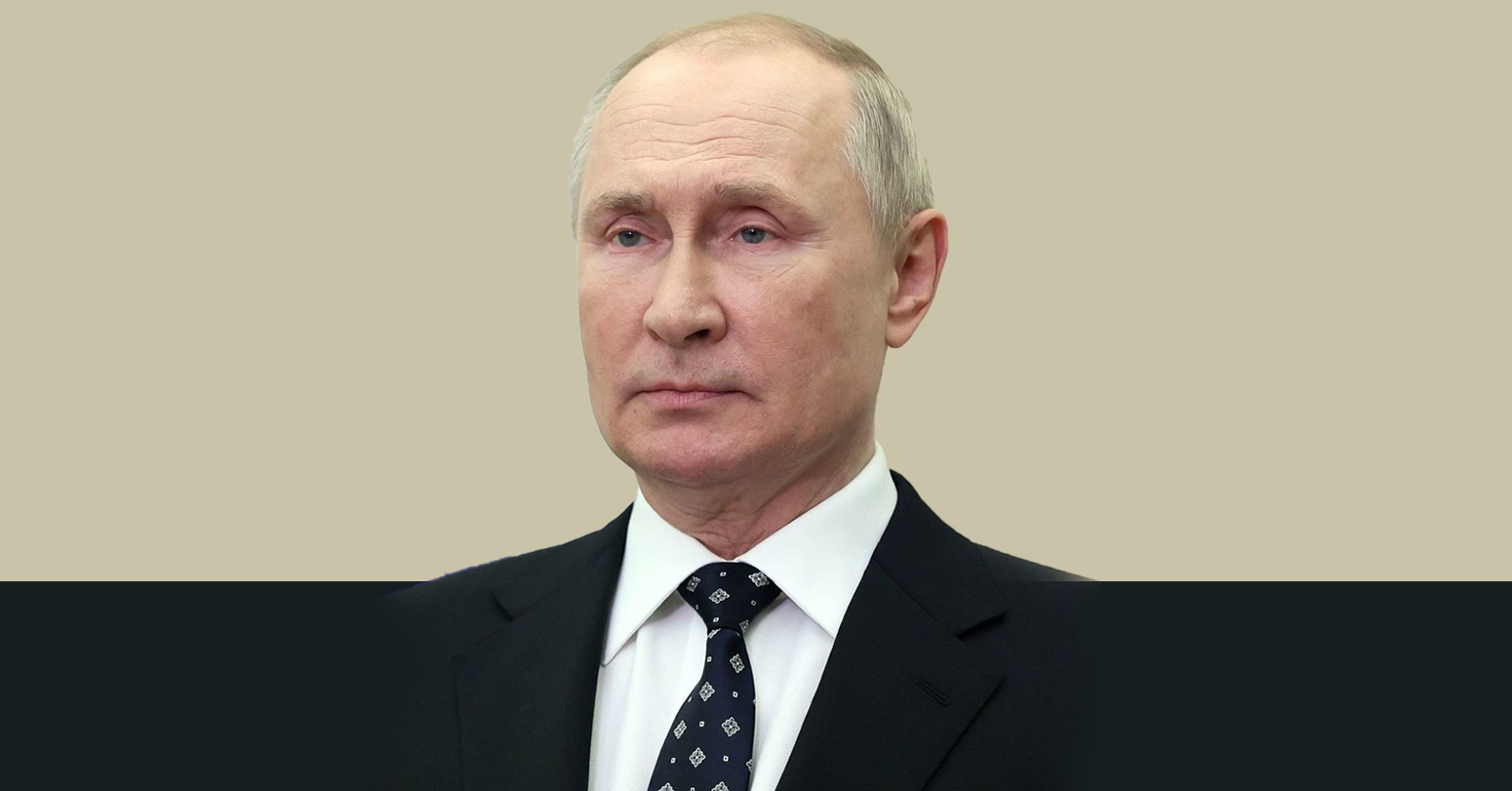
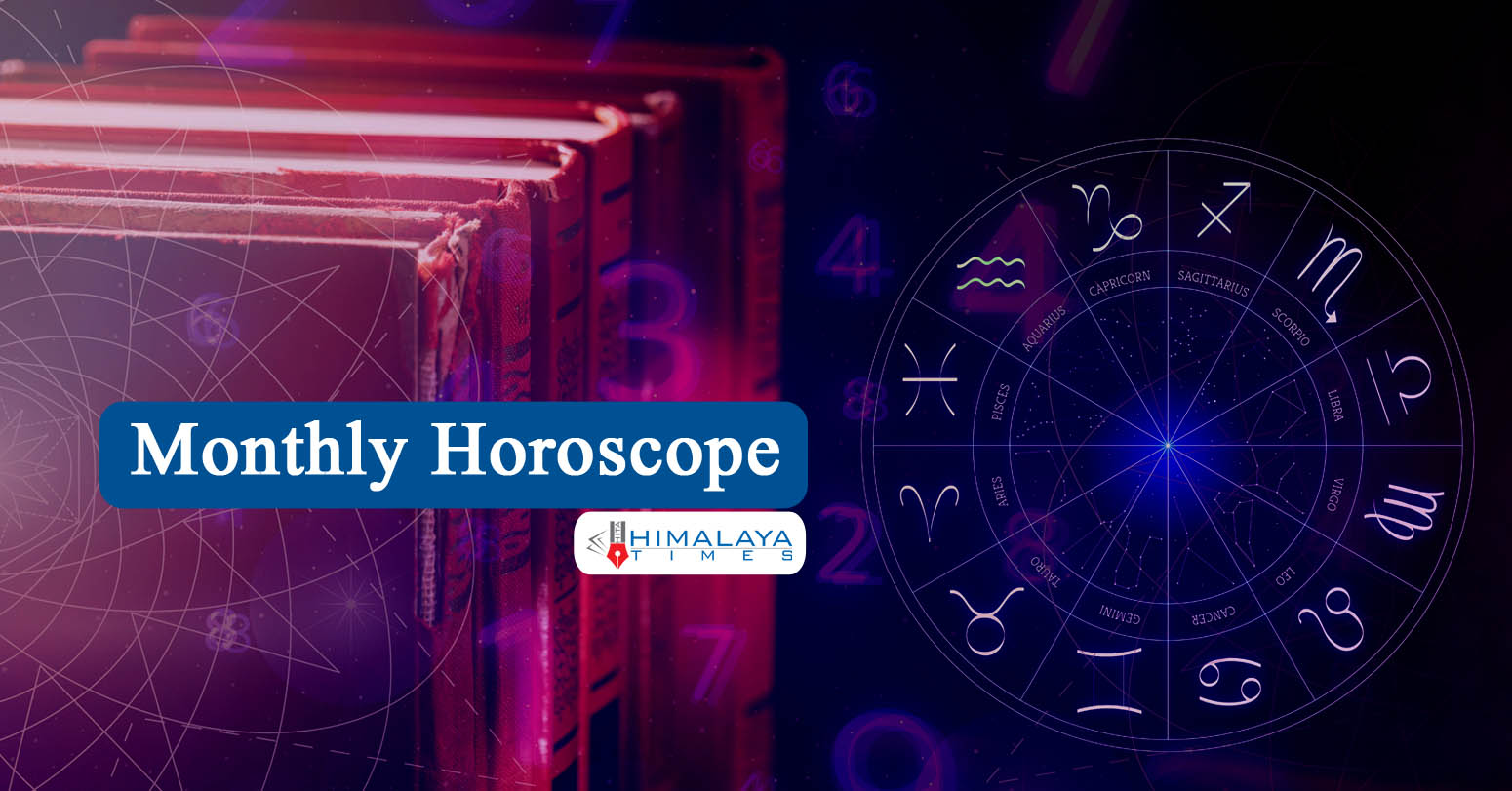

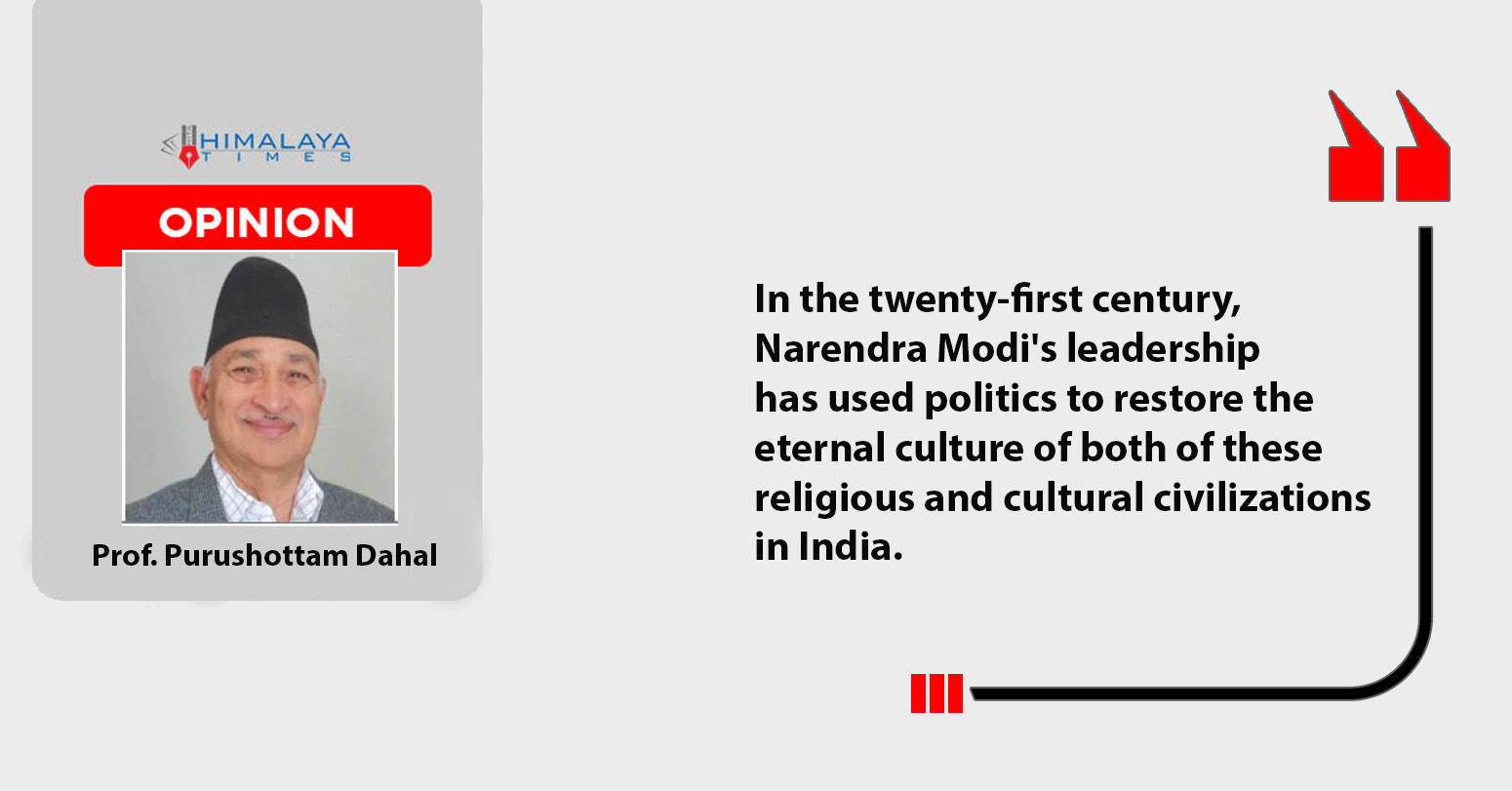
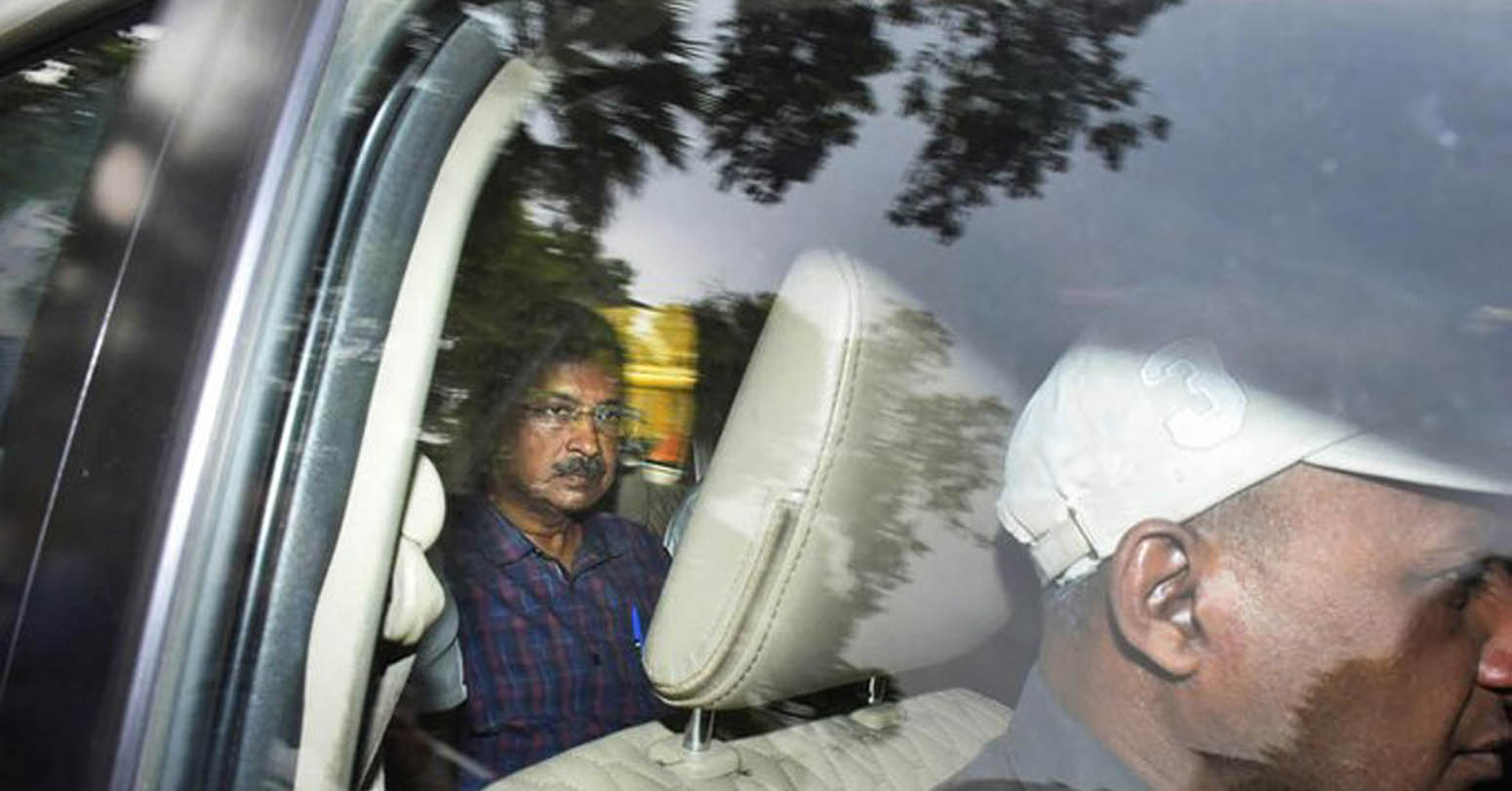

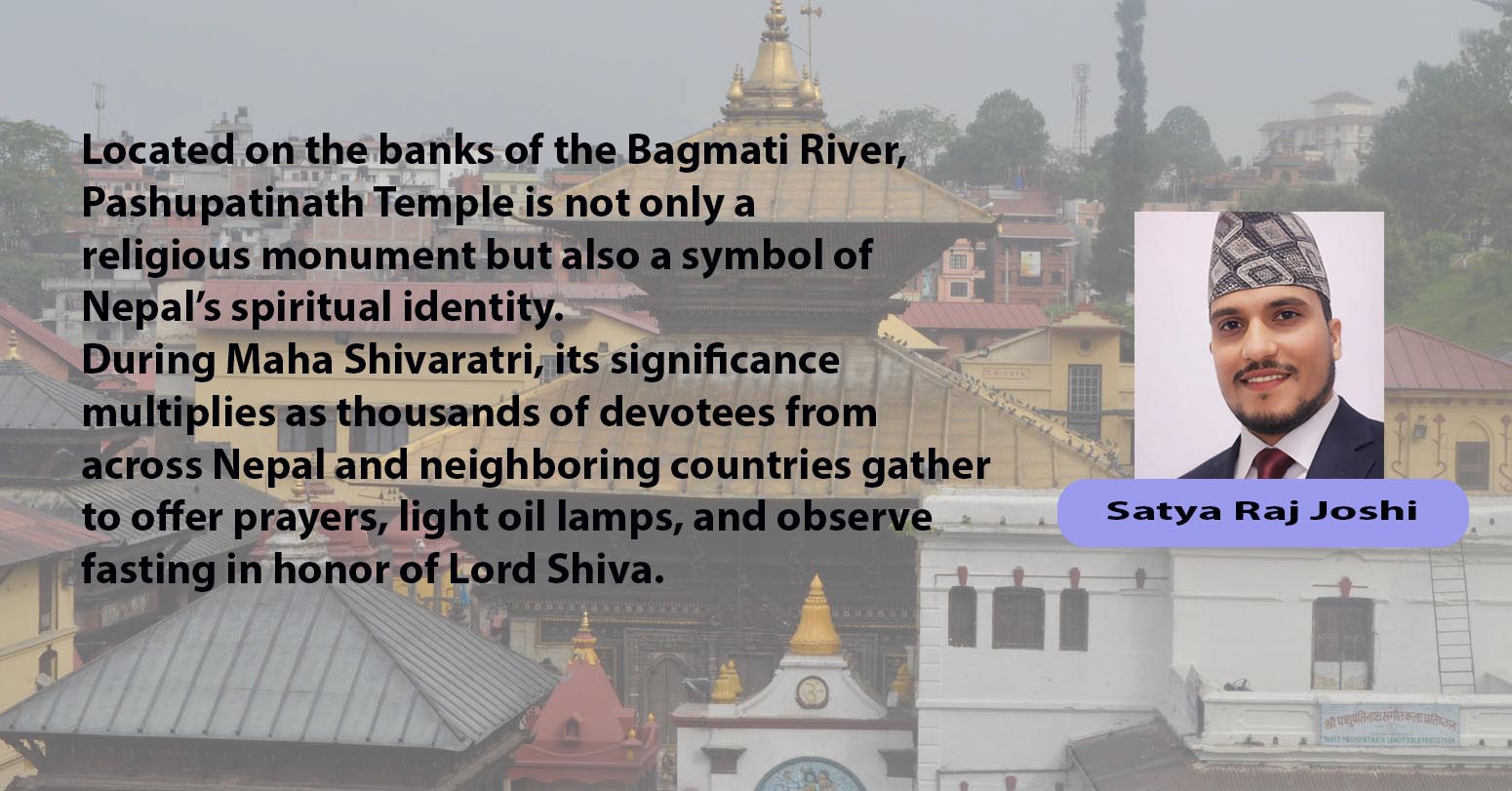









Middle-aged man spends millions to
Dr. Dharam Raj Upadhyay: Man
Children, Greatest Victims Of Sudan’s
Breathing The Unbreathable Air
Comprehensive Data Protection Law Critically
Gender Differences In Mental Healthcare